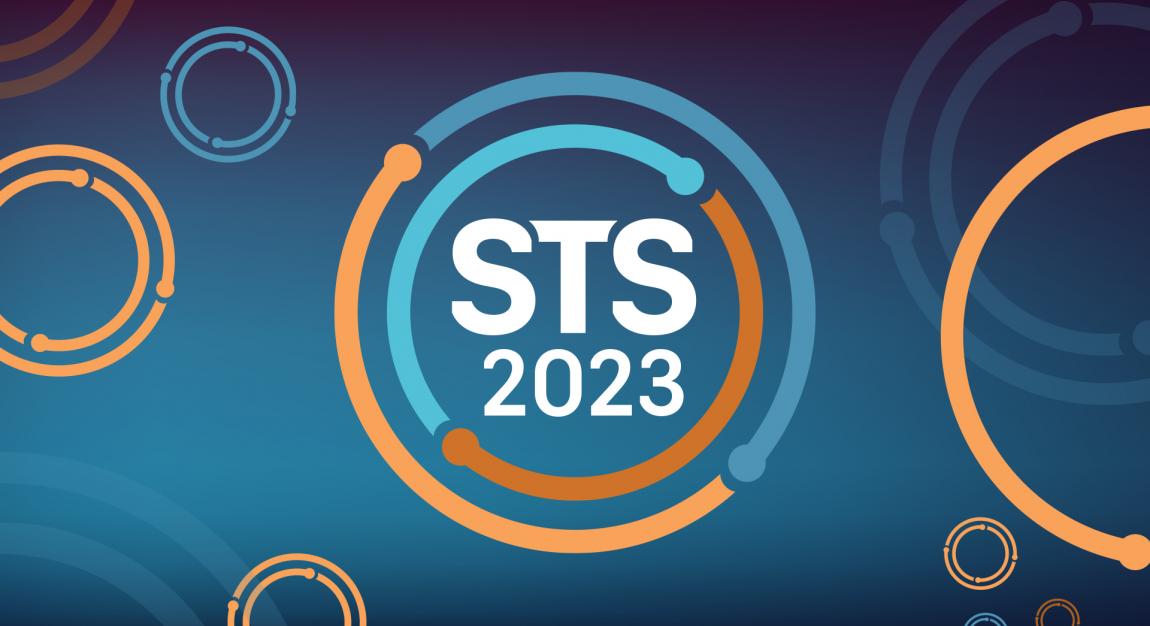
STS 2023, SAN DIEGO — Patients who undergo lobectomy for primary incidence of lung cancer often die from the same cancer recurrence, prompting researchers from Massachusetts General Hospital in Boston to advocate for adjuvant therapies at the time of surgery or following procedures.
Research coordinator Alexandra Potter, BSE, presented “Incidence, Timing and Causes of Death Among Patients Who Underwent Lobectomy for Stage IA Lung Cancer in the National Lung Screening Trial (NLST),” an analysis of long-term survival of patients from the National Lung Screening Trial.
The randomized NLST included 53,454 patients. The team at Massachusetts General delved into the NLST data and developed a cohort of 433 patients whose cancers were identified by low-dose computed tomography or Xray and met other study inclusion criteria. They found that:
· Five-year cancer-specific survival was 80%, 10-year was 70%.
· Five-year overall survival was 72%, 10-year overall survival was 55%.
· Five-year overall survival for patients under age 65 at time of diagnosis was 79% and 10-year overall survival was 62%.
· Five-year overall survival for patients 65 and older at time of diagnosis was 62% and 10-year overall survival was 48% .
· The leading cause of death for all patients in the cohort was lung cancer, either primary or at recurrence, accounting for 59% of all deaths.
The longer patients lived following resection surgery, the more likely they were to die from other causes—the top ones being heart disease, COPD, and other types of cancers.
“These findings highlight the importance of developing strategies to reduce the risk of lung cancer death among early-stage lung cancer patients undergoing surgery,” Potter said. This includes patients at high risk for lung cancer recurrence.
Potter offered several suggestions: identifying remaining tumor cells in the blood post-surgery, which may indicate increased risk for cancer recurrence. These patients may benefit from adjuvant therapies.
